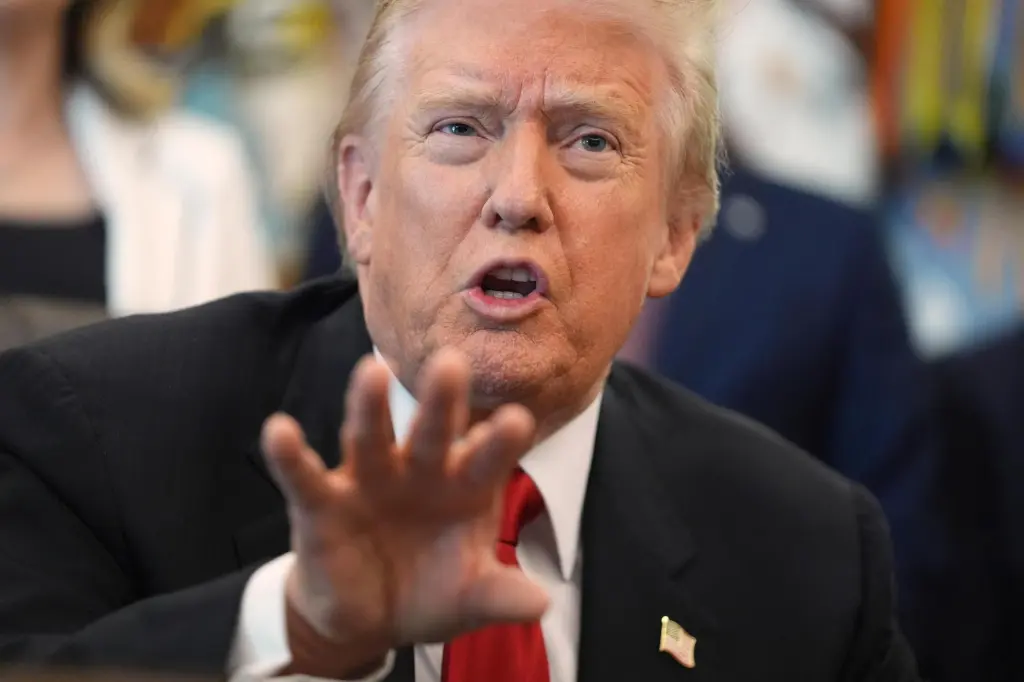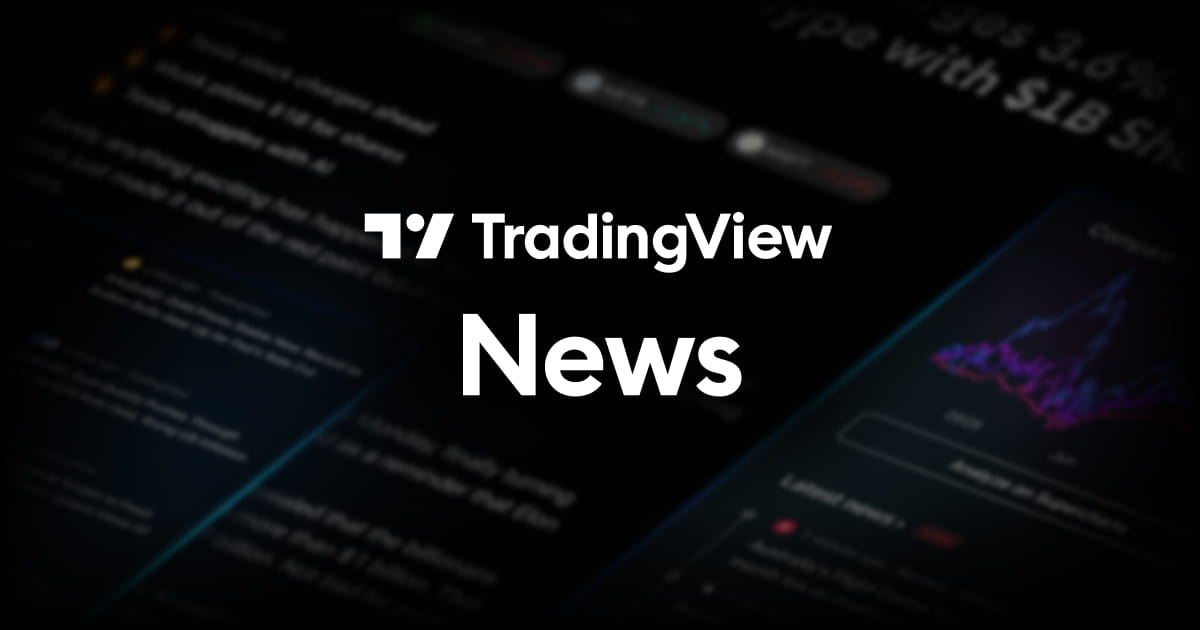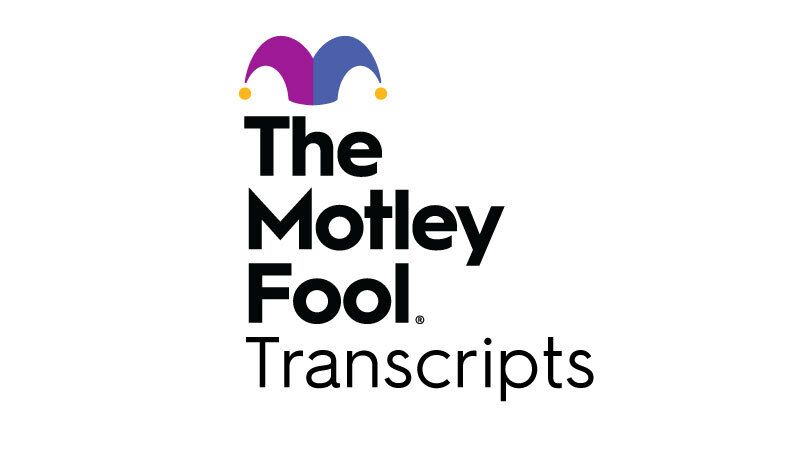Copyright St. Paul Pioneer Press

To place an obituary, please include the information from the obituary checklist below in an email to obits@pioneerpress.com. There is no option to place them through our website at this time. Feel free to contact our obituary desk at 651-228-5263 with any questions. General Information: Your full name, Address (City, State, Zip Code), Phone number, And an alternate phone number (if any) Obituary Specification: Name of Deceased, Obituary Text, A photo in a JPEG or PDF file is preferable, TIF and other files are accepted, we will contact you if there are any issues with the photo. Ad Run dates There is a discount for running more than one day, but this must be scheduled on the first run date to apply. If a photo is used, it must be used for both days for the discount to apply, contact us for more information. Policies: Verification of Death: In order to publish obituaries a name and phone number of funeral home/cremation society is required. We must contact the funeral home/cremation society handling the arrangements during their business hours to verify the death. If the body of the deceased has been donated to the University of Minnesota Anatomy Bequest Program, or a similar program, their phone number is required for verification. Please allow enough time to contact them especially during their limited weekend hours. A death certificate is also acceptable for this purpose but only one of these two options are necessary. Guestbook and Outside Websites: We are not allowed to reference other media sources with a guestbook or an obituary placed elsewhere when placing an obituary in print and online. We may place a website for a funeral home or a family email for contact instead; contact us with any questions regarding this matter. Obituary Process: Once your submission is completed, we will fax or email a proof for review prior to publication in the newspaper. This proof includes price and days the notice is scheduled to appear. Please review the proof carefully. We must be notified of errors or changes before the notice appears in the Pioneer Press based on each day’s deadlines. After publication, we will not be responsible for errors that may occur after final proofing. Online: Changes to an online obituary can be handled through the obituary desk. Call us with further questions. Payment Procedure: Pre-payment is required for all obituary notices prior to publication by the deadline specified below in our deadline schedule. Please call 651-228-5263 with your payment information after you have received the proof and approved its contents. Credit Card: Payment accepted by phone only due to PCI (Payment Card Industry) regulations EFT: Check by phone. Please provide your routing number and account number. Rates: The minimum charge is $162 for the first 12 lines. Every line after the first 12 is $12. If the ad is under 12 lines it will be charged the minimum rate of $162. Obituaries including more than 40 lines will receive a 7.5% discount per line. On a second run date, receive a 20% discount off both the first and second placement. Place three obituaries and the third placement will be free of charge. Each photo published is $125 per day. For example: 2 photos in the paper on 2 days would be 4 photo charges at $500. Deadlines: Please follow deadline times to ensure your obituary is published on the day requested. Hours Deadline (no exceptions) Ad Photos MEMORIAM (NON-OBITUARY) REQUEST Unlike an obituary, Memoriam submissions are remembrances of a loved one who has passed. The rates for a memoriam differ from obituaries. Please call or email us for more memoriam information Please call 651-228-5280 for more information. HOURS: Monday – Friday 8:00AM – 5:00PM (CLOSED WEEKENDS and HOLIDAYS) Please submit your memoriam ad to memoriams@pioneerpress.com or call 651-228-5280. By JOSH BOAK, Associated Press WASHINGTON (AP) — President Donald Trump is adjusting his messaging strategy to win over voters who are worried about the cost of living with plans to emphasize new tax breaks and show progress on fighting inflation. The messaging is centered around affordability, and the push comes after inflation emerged as a major vulnerability for Trump and Republicans in Tuesday’s elections, in which voters overwhelmingly said the economy was their biggest concern. Democrats took advantage of concerns about affordability to run up huge margins in the New Jersey and Virginia governor races, flipping what had been a strength for Trump in the 2024 presidential election into a vulnerability going into next year’s midterm elections. White House officials and others familiar with their thinking requested anonymity to speak for this article in order to not get ahead of the president’s actions. They stressed that affordability has always been a priority for Trump, but the president plans to talk about it more, as he did Thursday when he announced that Eli Lilly and Novo Nordisk would reduce the price of their anti-obesity drugs. “We are the ones that have done a great job on affordability, not the Democrats,” Trump said at an event in the Oval Office to announce the deal. “We just lost an election, they said, based on affordability. It’s a con job by the Democrats.” The White House is keeping up a steady drumbeat of posts on social media about prices and deals for Thanksgiving dinner staples at retailers such as Walmart, Lidl, Aldi and Target. “I don’t want to hear about the affordability, because right now, we’re much less,” Trump told reporters Thursday, arguing that things are much better for Americans with his party in charge. “The only problem is the Republicans don’t talk about it,” he said. The outlook for inflation is unclear As of now, the inflation outlook has worsened under Trump. Consumer prices in September increased at an annual rate of 3%, up from 2.3% in April, when the president first began to roll out substantial tariff hikes that suddenly burdened the economy with uncertainty. The AP Voter Poll showed the economy was the leading issue in Tuesday’s elections in New Jersey, Virginia, New York City and California. Grocery prices continue to climb, and recently, electricity bills have emerged as a new worry. At the same time, the pace of job gains has slowed, plunging 23% from the pace a year ago. The White House maintains a list of talking points about the economy, noting that the stock market has hit record highs multiple times and that the president is attracting foreign investment. Trump has emphasized that gasoline prices are coming down, and maintained that gasoline is averaging $2 a gallon, but AAA reported Thursday that the national average was $3.08, about two cents lower than a year ago. “Americans are paying less for essentials like gas and eggs, and today the Administration inked yet another drug pricing deal to deliver unprecedented health care savings for everyday Americans,” said White House spokesman Kush Desai. Trump gets briefed about the economy by Treasury Secretary Scott Bessent and other officials at least once a week and there are often daily discussions on tariffs, a senior White House official said, noting Trump is expected to do more domestic travel next year to make his case that he’s fixing affordability. But critics say it will be hard for Trump to turn around public perceptions on affordability. “He’s in real trouble and I think it’s bigger than just cost of living,” said Lindsay Owens, executive director of Groundwork Collaborative, a liberal economic advocacy group. Owens noted that Trump has “lost his strength” as voters are increasingly doubtful about Trump’s economic leadership compared to Democrats, adding that the president doesn’t have the time to turn around public perceptions of him as he continues to pursue broad tariffs. New hype about income tax cuts ahead of April There will be new policies rolled out on affordability, a person familiar with the White House thinking said, declining to comment on what those would be. Trump on Thursday indicated there will be more deals coming on drug prices. Two other White House officials said messaging would change — but not policy. A big part of the administration’s response on affordability will be educating people ahead of tax season about the role of Trump’s income tax cuts in any refunds they receive in April, the person familiar with planning said. Those cuts were part of the sprawling bill Republicans muscled through Congress in July. This individual stressed that the key challenge is bringing prices down while simultaneously having wages increase, so that people can feel and see any progress. There’s also a bet that the economy will be in a healthier place in six months. With Federal Reserve Chair Jerome Powell’s term ending in May, the White House anticipates the start of consistent cuts to the Fed’s benchmark interest rate. They expect inflation rates to cool and declines in the federal budget deficit to boost sentiment in the financial markets. But the U.S. economy seldom cooperates with a president’s intentions, a lesson learned most recently by Trump’s predecessor, Democrat Joe Biden, who saw his popularity slump after inflation spiked to a four-decade high in June 2022. The Trump administration maintains it’s simply working through an inflation challenge inherited from Biden, but new economic research indicates Trump has created his own inflation challenge through tariffs. Since April, Harvard University economist Alberto Cavallo and his colleagues, Northwestern University’s Paola Llama and Universidad de San Andres’ Franco Vazquez, have been tracking the impact of the import taxes on consumer prices. In an October paper, the economists found that the inflation rate would have been drastically lower at 2.2%, had it not been for Trump’s tariffs. The administration maintains that tariffs have not contributed to inflation. They plan to make the case that the import taxes are helping the economy and dismiss criticisms of the import taxes as contributing to inflation as Democratic talking points. The fate of Trump’s country-by-country tariffs is currently being decided by the Supreme Court, where justices at a Wednesday hearing seemed dubious over the administration’s claims that tariffs were essentially regulations and could be levied by a president without congressional approval. Trump has maintained at times that foreign countries pay the tariffs and not U.S. citizens, a claim he backed away from slightly Thursday. “They might be paying something,” he said. “But when you take the overall impact, the Americans are gaining tremendously.” Associated Press writers Will Weissert and Michelle L. Price contributed to this report.



